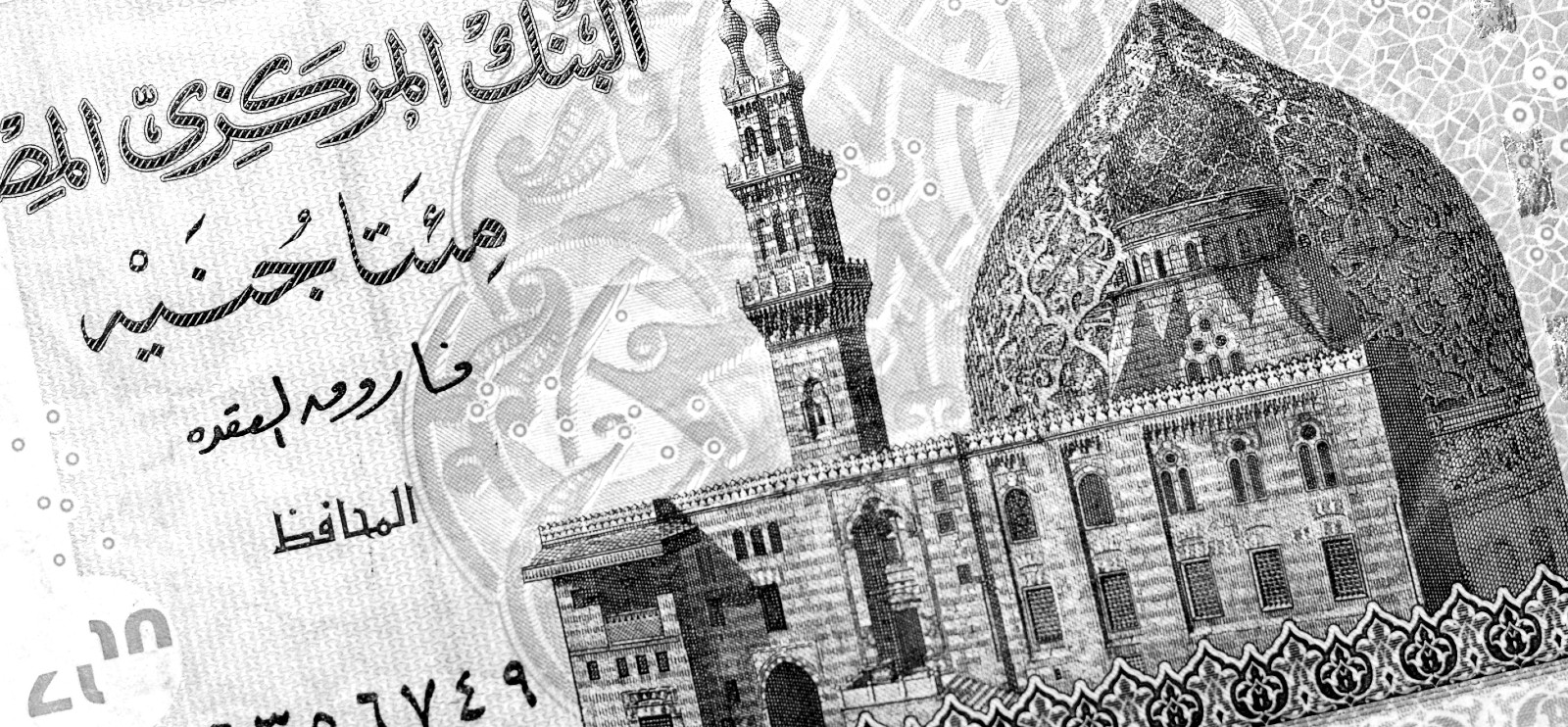Egypt could opt for soft EGP devaluation to stave off inflation -Moody’s

Moody’s is the latest to speculate on the fate of the EGP: Egyptian policymakers will likely choose to maintain a close watch on the EGP and allow it to ease gradually against the greenback to avoid exacerbating inflationary pressures, Moody’s says in a report picked up by the regional press.
The EGP is in a tight spot: Speculation has grown in recent weeks that the EGP will need to slide more against the greenback to manage the growing external imbalances and attract foreign capital back to the country. The EGP has already fallen nearly 22% since March, when the central bank devalued the currency in response to rising external pressures fuelled by the war in Ukraine, and markets are pricing in another 22% decline over the next year as FX pressures grow. The sudden resignation of central bank governor Tarek Amer has only added to the feeling of uncertainty in the markets.
Gradualism could work, on one condition: The continuation of GCC investment will provide crucial support if the government decides against floating the currency, Moody’s says. Saudi Arabia, the UAE and Qatar have pledged to invest as much as USD 22 bn in Egypt this year, providing a vital source of foreign currency amid a large exit of portfolio flows, a rising import bill, and increasing borrowing costs.
Abdalla’s GCC connections are good for us: The CBE’s new acting governor, Hassan Abdalla, has good regional ties that could pay off, the rating agency said. His leadership of the Arab African International Bank (AAIB) left him with regional connections that “complement” Egypt’s increasing reliance on GCC investments, it wrote.
But a stable EGP could put our IMF loan at risk: “An inflexible exchange rate policy could further delay agreement on a new IMF program and restore access to global debt markets,” Moody’s said. Adopting a flexible exchange rate policy is likely one of the IMF’s key demands before it agrees to extend another multi-bn USD loan to Egypt, for which the two sides have been in talks since March. The Fund called on the government to make “decisive” fiscal and structural reforms to reduce its exposure to external shocks last month.
Negotiating terms with the IMF is mission critical: The series of policy tools deployed so far — allowing a limited fall in the currency, restricting imports, and attracting Gulf investment — have done little to ease the external pressures. A fresh program could provide bns of USD in additional funding and give extra assurances to investors by way of a structural reform program endorsed by the IMF.
REMEMBER- Moody’s is threatening to downgrade Egypt’s credit rating: The rating agency cut its outlook on Egypt’s sovereign debt to negative in May and warned that a further slip in foreign reserves could force it to downgrade its rating for the first time since 2013.